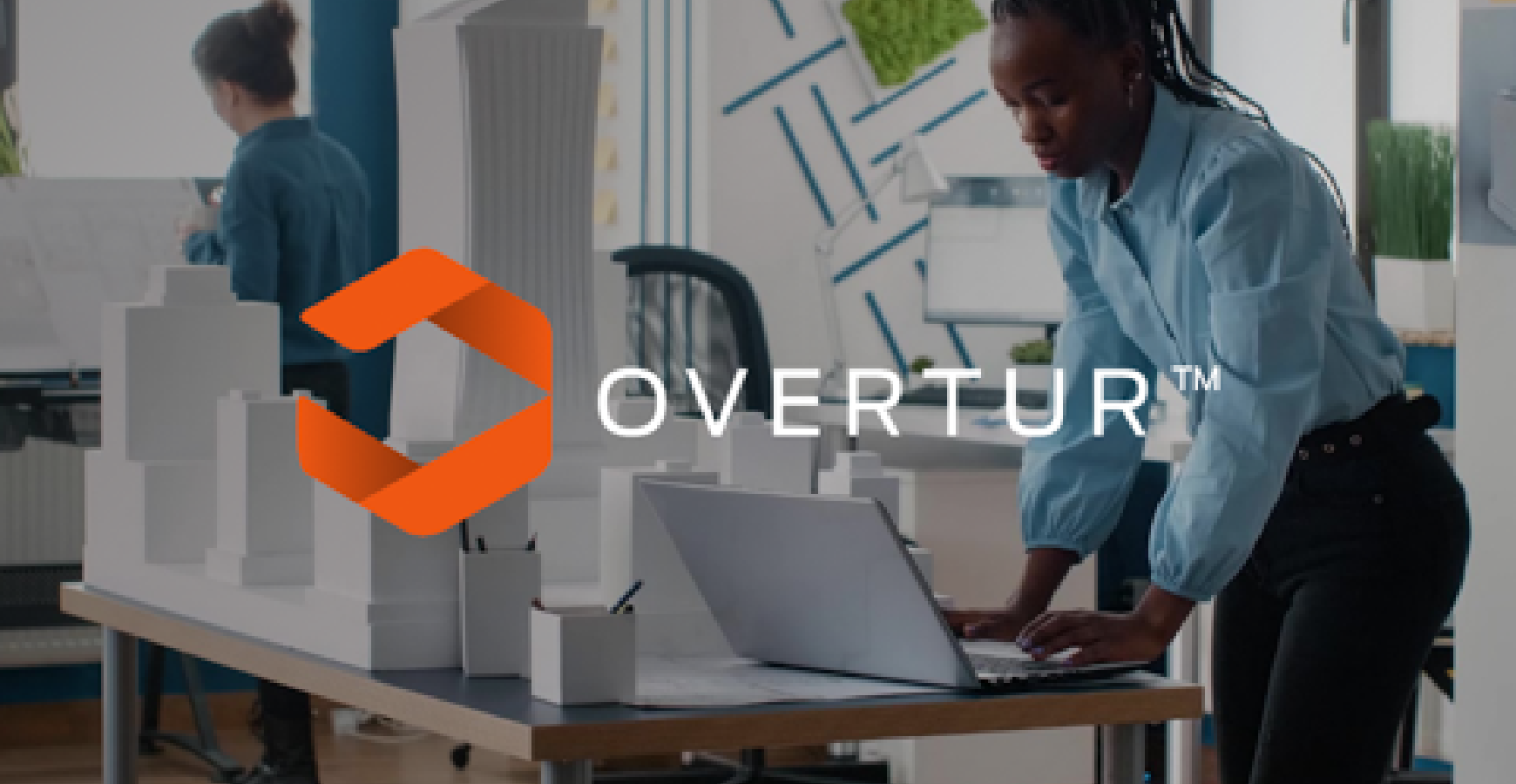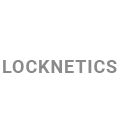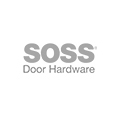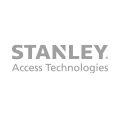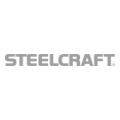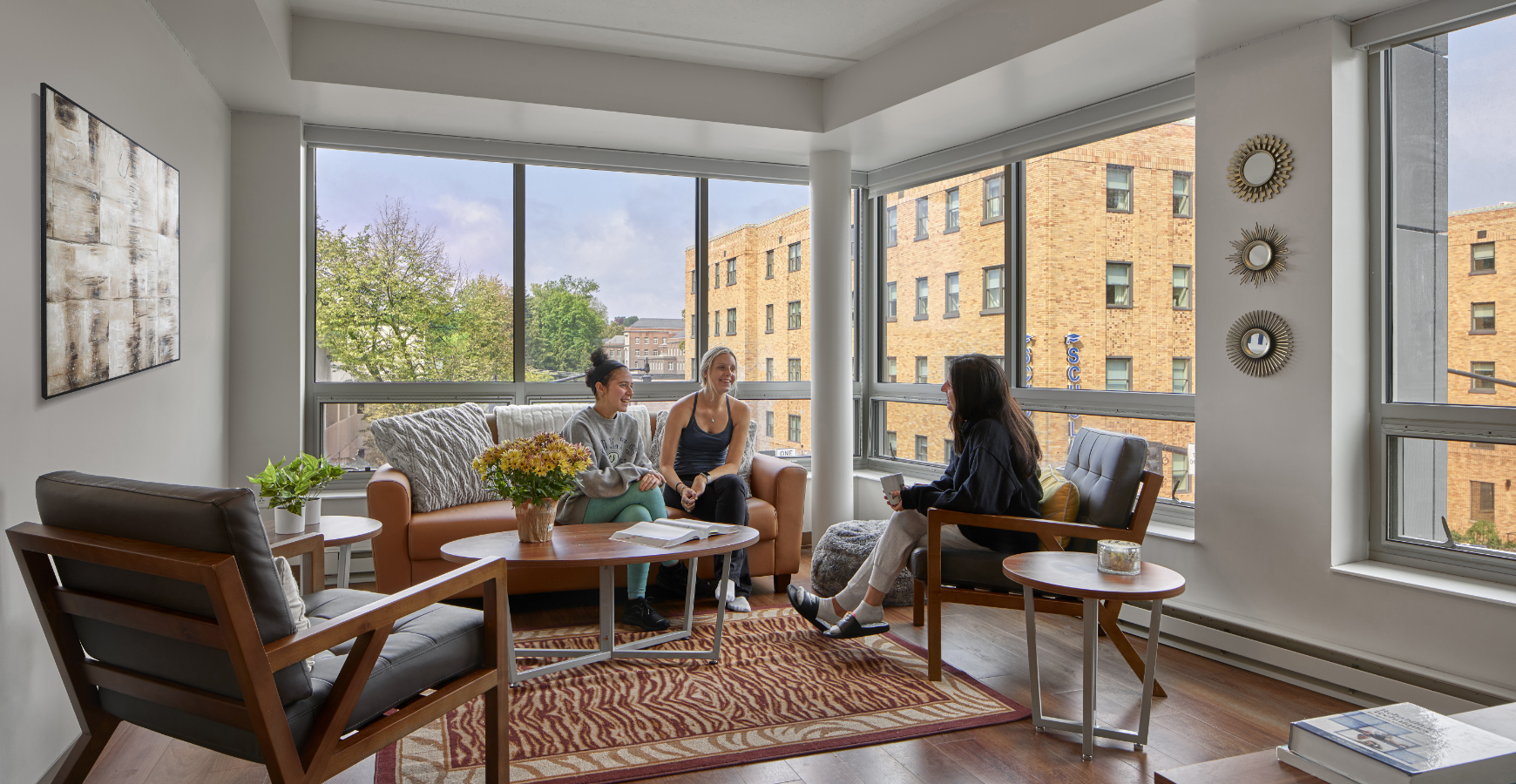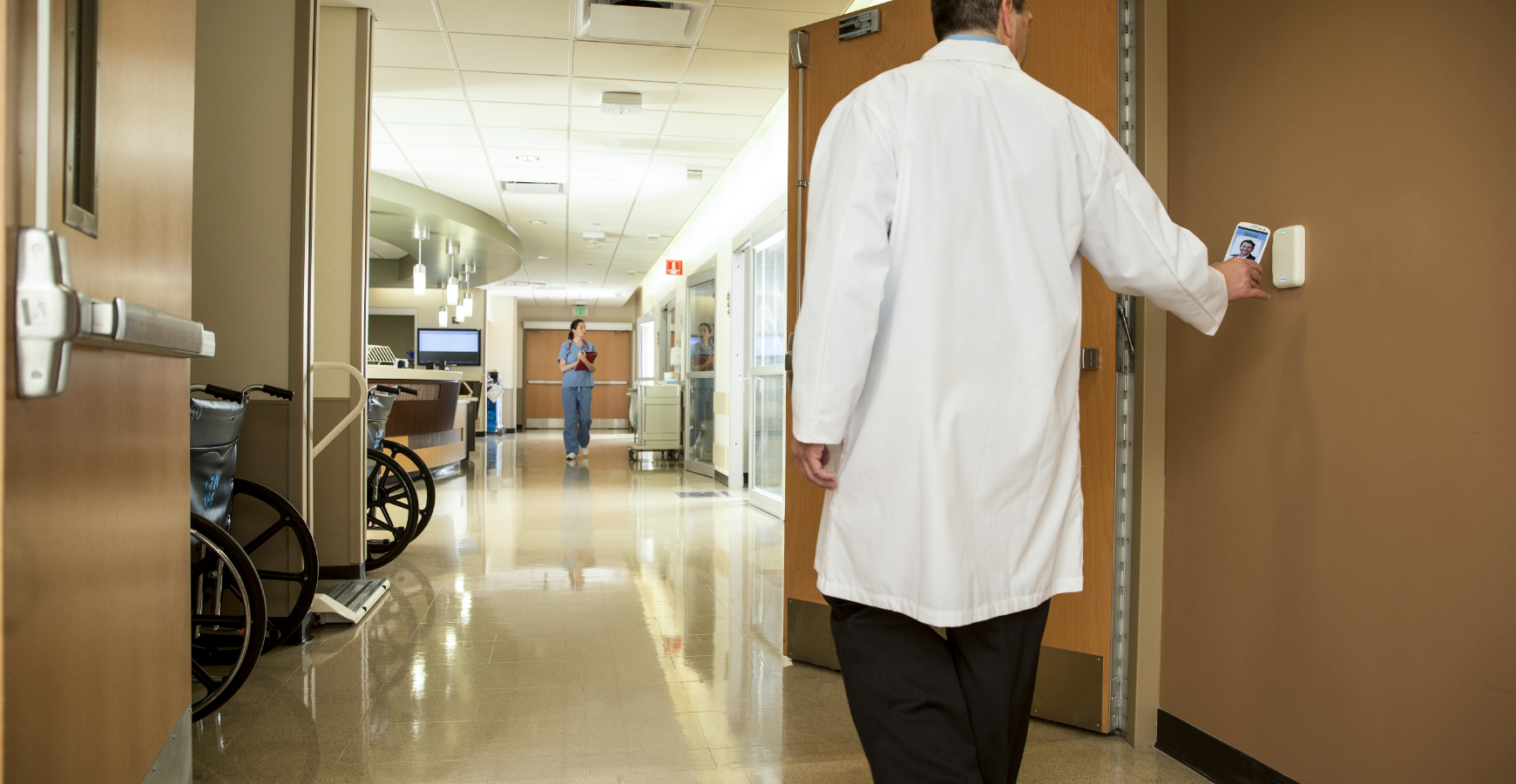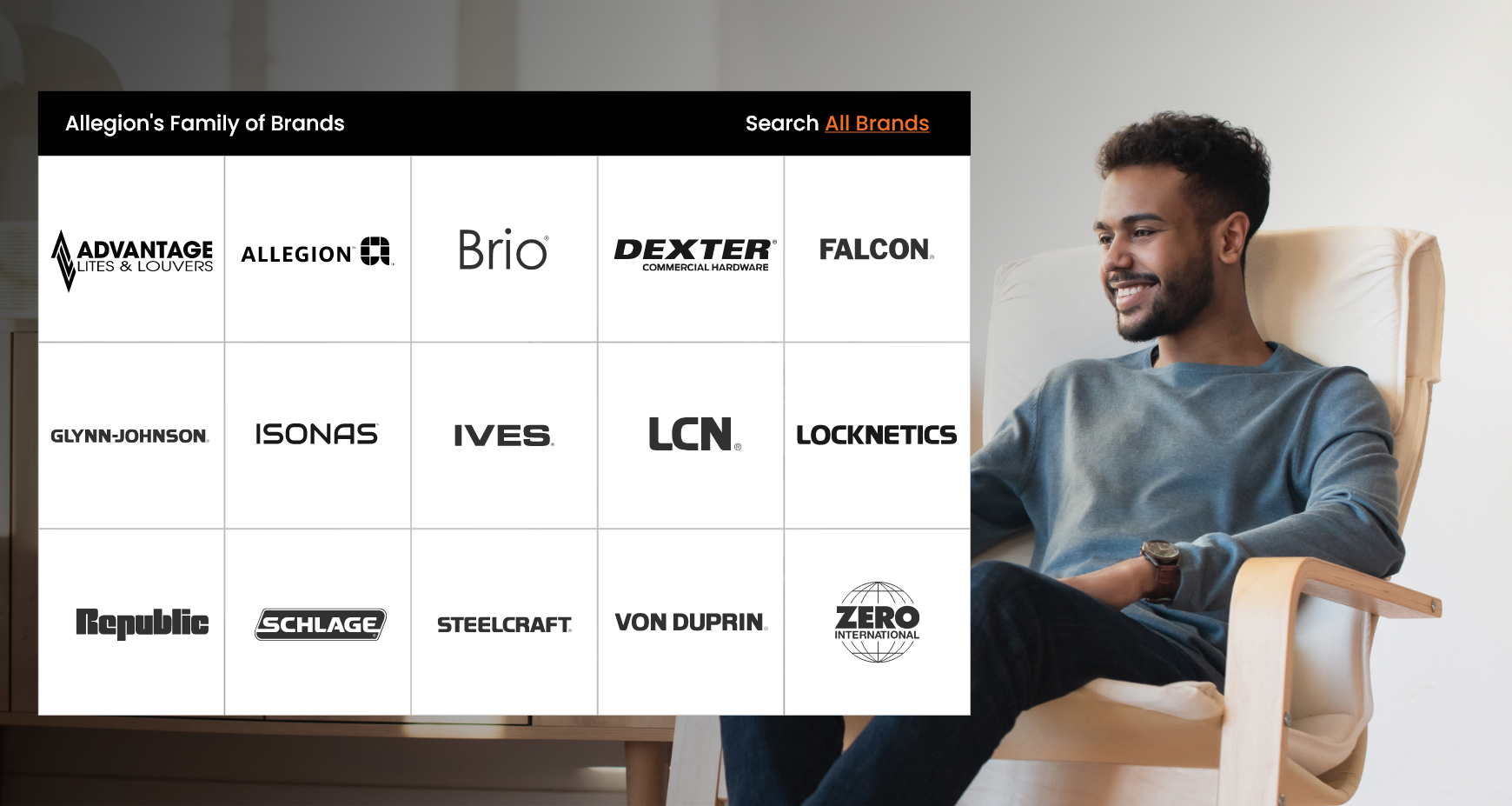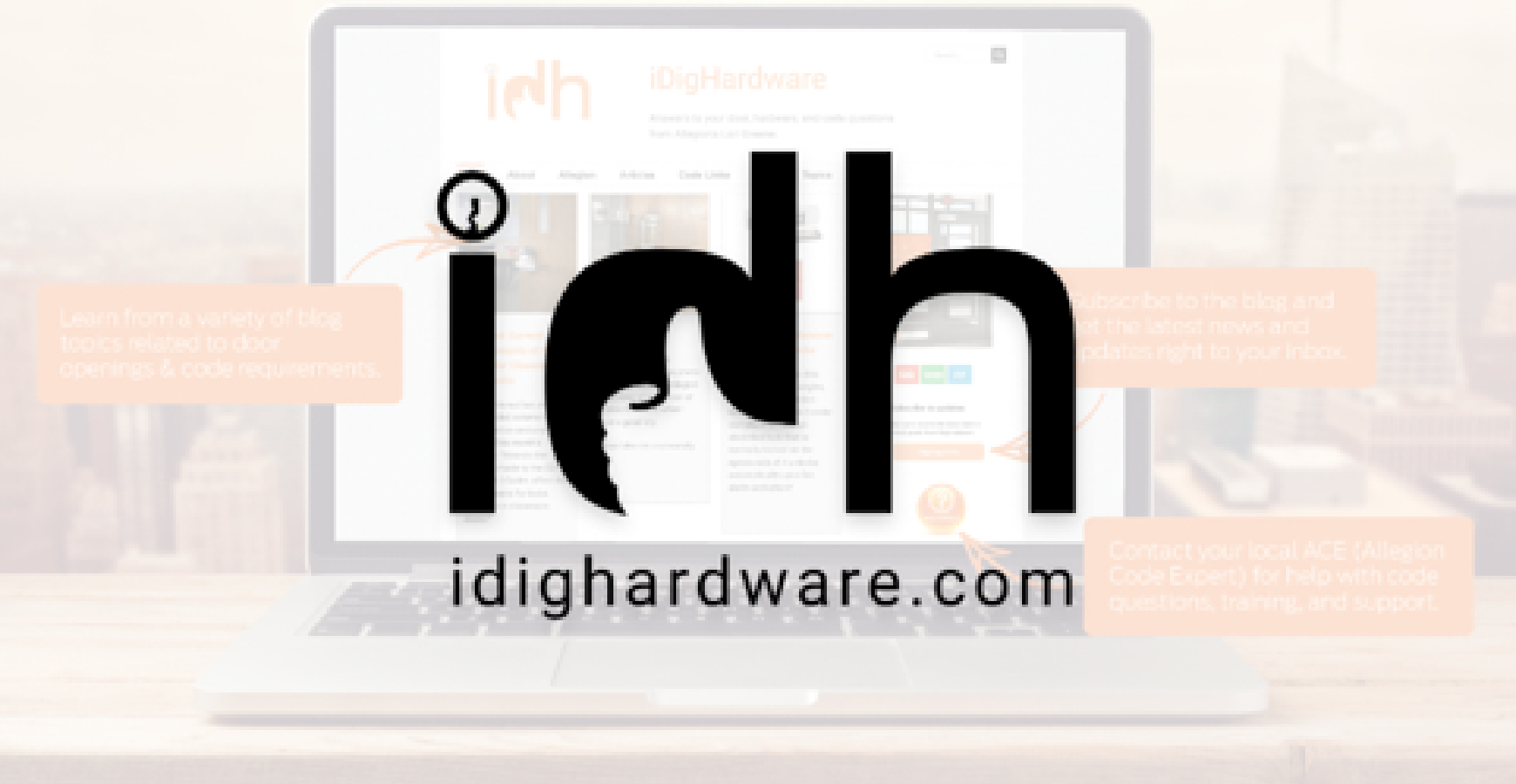Smart apartments come in different shapes and sizes, but the goal is an enhanced living experience through internet-connected products. Traditionally, this required a costly and confusing infrastructure, especially in retrofit properties. Homebase’s apartment solution simplifies all of this.
Blake Miller, founder of Homebase, joined Robert Gaulden on the Solving for Multifamily podcast to discuss how a hubless approach to smart apartments can improve net operating income (NOI), apartment Wi-Fi and the company’s views on the future of multifamily living.
For more on this, listen to the episode, Solving for Community WiFi and the benefits of Smart Apartments. Also check out Miller’s podcast, Future of Living.
We discuss:
- Apartment Wi-Fi: A smart NOI solution
- Smart apartment access is the foundation of smart buildings
- The future of multifamily living
Who is Homebase?
Homebase is the only hubless smart apartment solution that connects your buildings with smart access control, community Wi-Fi, management automation, payments and more. Learn more at homebase.ai.
Connect with the guest
Blake Miller, founder of Homebase
Email: blake@homebase.ai

 Featured ProductSchlage Credential Services deliver control, security and flexibility without limiting your options. From encryption keys to card tracking and custom artwork, our services help create an access control plan that fits today and grows with you tomorrow.
Featured ProductSchlage Credential Services deliver control, security and flexibility without limiting your options. From encryption keys to card tracking and custom artwork, our services help create an access control plan that fits today and grows with you tomorrow.